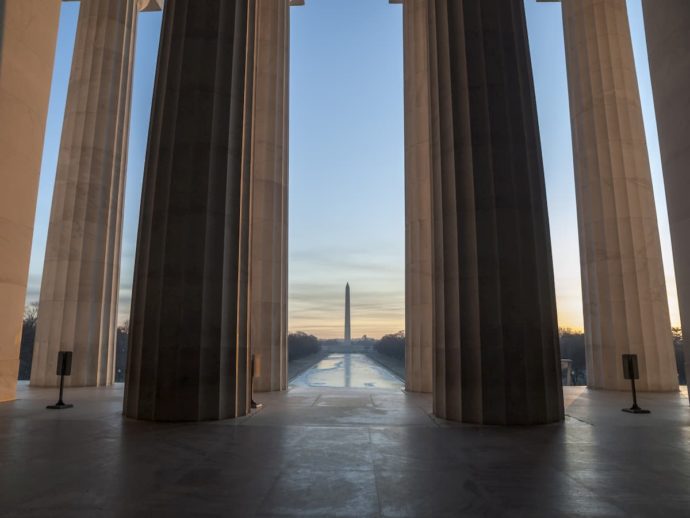The FEHBlog saw that line several times today. It’s cute.
Healthcare Dive reports that the Department of Health and Human Services decided last Friday to divvy up $22 billion of CARES Act funding by send $12 billion to hospitals in COVID-19 hot spots and another $10 billion to rural hospitals. The American Hospital Association is happy.
RevCycle Intelligence informs us that “Outpatient visits for more than 50,000 providers declined by nearly 60 percent in mid-March when COVID-19 cases started to rise exponentially, researchers from Harvard University recently reported in a Commonwealth Fund study. The volumes have remained low through mid-April.” Here are a couple more tidbits from the study:
- The decline in visits was generally larger among surgical and procedural specialties and smaller in other specialties such as adult primary care, obstetrics/gynecology, oncology, and behavioral health.
- As the number of in-person visits dropped, telehealth visits increased. But the increase in telehealth visits only partially offset the drop in in-person visits.
- Nearly 30 percent of all visits at these ambulatory practices are now provided via telemedicine.
- The decline in visits was largest among school-age children and older adults.
Health Payer Intelligence informs us that America’s Health Insurance Plans and AHIP member medical directors have proposed a course for health plans to follow while we come out of the great hunkering down. That course includes continuing expansive coverage of COVID-19 testing and care, promoting telehealth, and engaging members, particularly those in need.
In that regard, Medical Economics provides physicians with advice on best practices for billing health plans for telemedicine services during the COVID-19 emergency. The advice strikes the FEHBlog as a bit complicated. It’s therefore not surprising to the FEHBlog that, according to an mHealth Intelligence report, members of Congress “Reps. Kim Schrier (D-WA) and Phil Rose (R-TN), say they want private payers to operate under the same rules as the Centers for Medicare & Medicaid Services, which last month established telehealth payment and coverage parity for the duration of the emergency.” The two representatives have introduced a bill for this purpose H.R. 6644).

